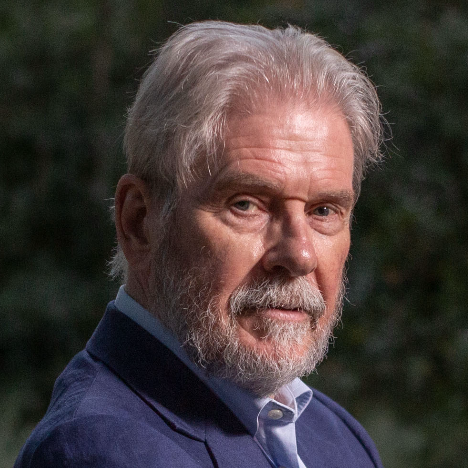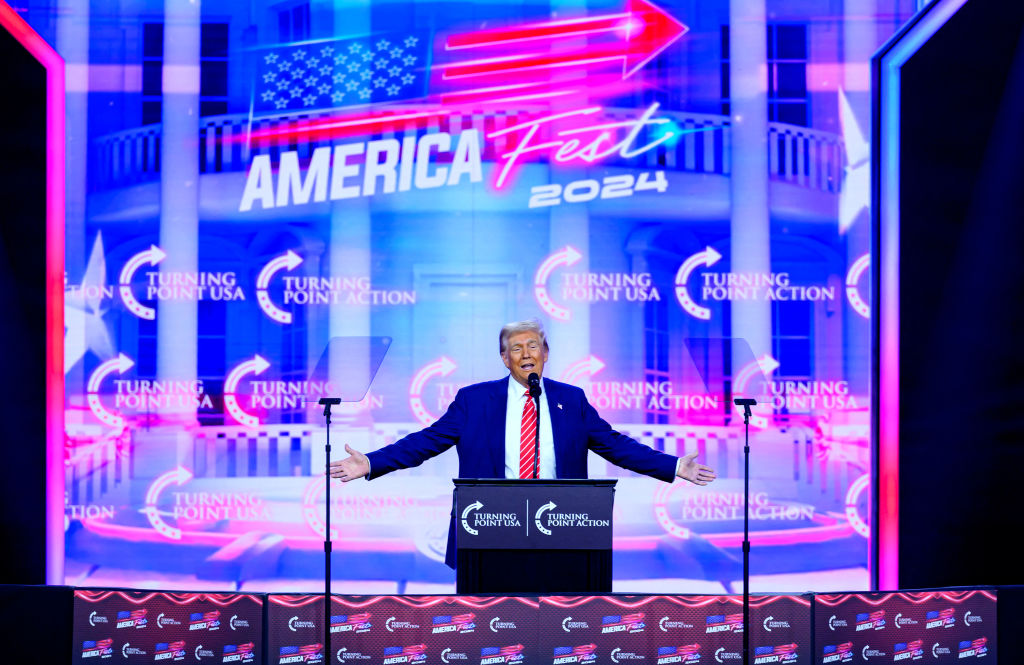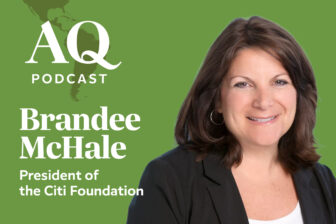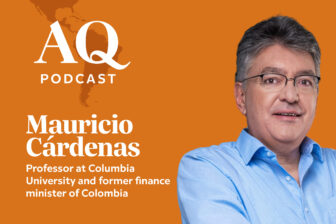It is a coincidence of history that Jimmy Carter died on December 29, just two days before the 25th anniversary of the United States’s handing back the Canal Zone and its waterway to Panama under the terms of a treaty he negotiated in 1977. And just three weeks before Donald Trump, who has threatened to try to recover the canal, moves back into the White House.
Latin America has been braced for Trump’s threats to deport millions of immigrants, to levy tariffs on the region’s exports, even from close allies, and to take more robust action against drug traffickers and the dictatorships in Venezuela and Cuba. But his recent statements about the canal suggest an additional worry: that his will be a neo-colonial administration, bent on turning the Caribbean into an American lake as it was a century ago.
Nobody, perhaps not even Trump himself, knows to what extent these threats will be implemented. There are two reasonable assumptions about what is to come. On the one hand, there will be more deportations than under President Joe Biden and much use of the threat, but not necessarily the imposition, of tariffs to dissuade Latin American countries from getting even closer to China. The administration may halt remittances to Venezuela and Cuba and take limited undercover action against drug gangs in Mexico. On the other hand, on priorities, details, and emphasis, there will be much infighting and jostling among nativist MAGA advisers and more conventional pro-market conservatives such as Marco Rubio, the nominee for Secretary of State.
Some of Trump’s positions are wildly unreasonable, and some are not. While the UN Conventions on Human Rights protect the rights of asylum-seekers, they do not apply to economic migrants, who make up the vast majority. Though there is a humanitarian cost, a country has the sovereign right to protect its borders and control who crosses them. Equally, any country should agree to the return of its own citizens, as the UN conventions state. Secondly, it is in Latin America’s interest to seek what allies it can in trying to reduce the power of transnational organized crime. And thirdly, no democrat should want to support Nicolás Maduro’s regime in Venezuela, Daniel Ortega’s family despotism in Nicaragua or Cuban communism in its prolonged death throes.
Fourthly, while no Latin American country should be forced to choose between ties with China and the U.S., it is in the region’s own interest to look much more closely at the strategic implications of Chinese investment. Vetting new investments on those grounds would be a prudent public policy.
But some of Trump’s policies may involve collateral damage for Latin America. In the case of Venezuelans, mass deportations from the U.S. and/or halting remittances back to the country may increase migration to other countries in the region, which are already struggling to absorb many of the 7 million who have left Maduro’s regime.
Latin America’s determination
And some of Trump’s stated demands are clearly unreasonable. These include levying tariffs against imports from countries that have free-trade agreements with the U.S. Trump’s rhetorical attempt to demand the return of the Panama Canal, or that U.S. ships should pay lower tariffs to use it, challenges an international treaty approved by the U.S. Senate and by dozens of other countries. This declares that the canal will be neutral and open to the shipping of all nations on an equal and non-discriminatory basis.
In assessing the impact of the second Trump administration’s effect on Latin America, another factor has attracted less comment: how much determination Latin American governments will muster to resist the more unreasonable threats.
Clearly Mexico is in the front line. President Claudia Sheinbaum has said that her country will “collaborate” but “will never subordinate” itself to Trump. In practice, she is likely to follow her political godfather, Andrés Manuel López Obrador, and accept deportations and tighten control of migrant flows across Mexico’s southern border. Unlike him, she may be prepared to collaborate on fighting the trade in fentanyl. She would be wise to be flexible on these issues and prioritize defending the U.S.-Mexico-Canada Trade Agreement, USMCA, due for review in 2026. Whether Trump is really prepared to tear this up is a big unknown on which living standards on both sides of the border depend. Preserving it may require Mexico to accept curbs on Chinese investment.
As for the rest of democratic Latin America, its prospects would be brighter if it faced Trump’s new world with one voice. Trump likes bilateral deals. Latin America’s disunity makes that easy. For much of the past 20 years, originally under the baleful influence of Hugo Chávez, the region has frittered away the chance to influence the world when this was potentially much more favorable to it on matters of trade and political cooperation. Latin America now lacks effective forums for regional coordination and leadership. Each country’s foreign policy tends to change according to the whims of the president of the day. And so we have Javier Milei in Argentina wanting to strike a sweetheart deal with Trump. While he may succeed in gaining the support of the White House to extract extra money from the IMF, his hopes of securing a trade agreement with the U.S. look utopian.
Standing together
Trump’s attempt to tear down the liberal world order should serve as reason enough for Latin America to unite behind basic principles of national and regional interest. As a forthcoming manifesto from a group of former foreign ministers from the region argues, these boil down to the defense of international law, democracy, human rights and trade according to the rules of the World Trade Organization.
Those principles would include respect for the current status of the Panama Canal, a demand that goes back a long way in Latin America. Its “internationalization” was one of the five founding principles of APRA—the American Popular Revolutionary Alliance—set up by Victor Raúl Haya de la Torre, an exiled Peruvian student leader, in Mexico in 1924. Though APRA turned into a Peruvian political party, Haya de la Torre—a now largely forgotten moderate nationalist who was one of the most influential Latin American political leaders of the twentieth century—conceived of it as a transcontinental movement. Trump’s bilateralism is all about divide and rule. All the more reason for democratic Latin America to stand together to defend what really matters to it.









